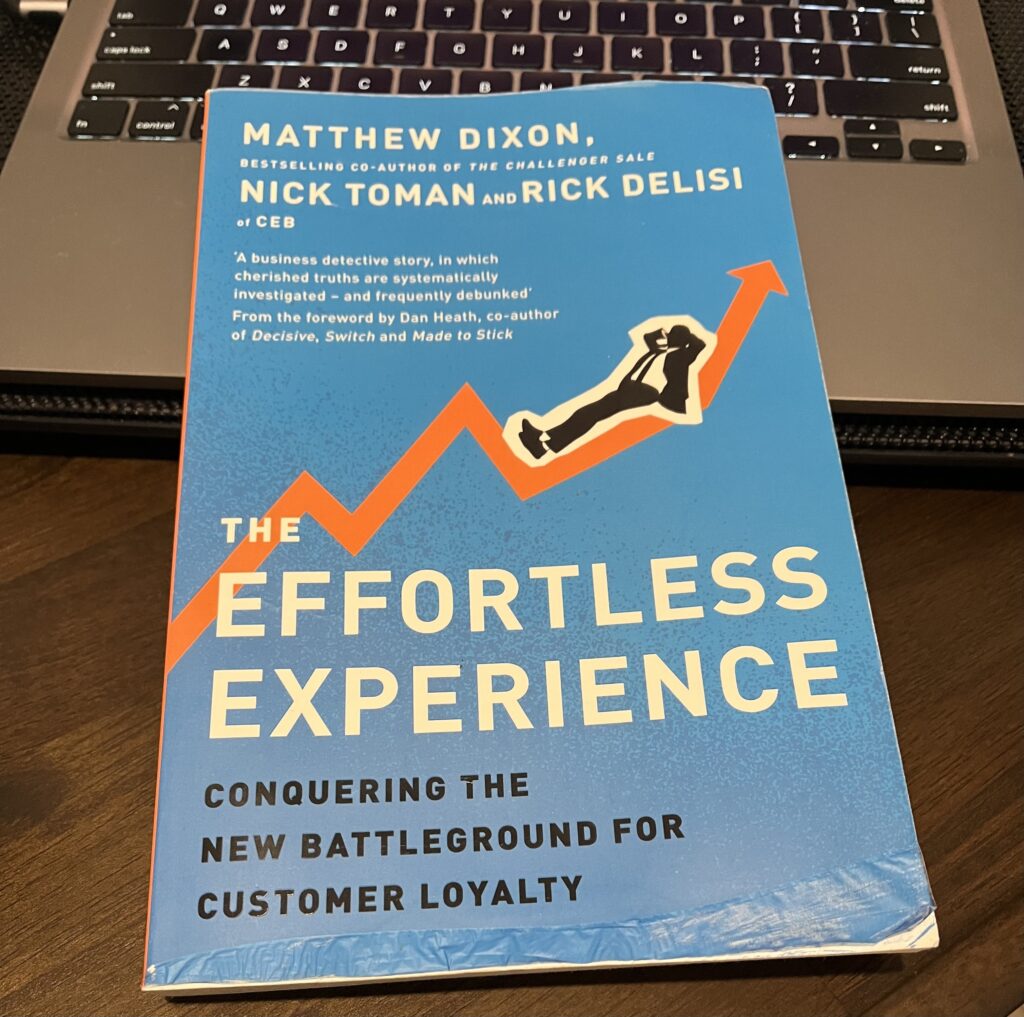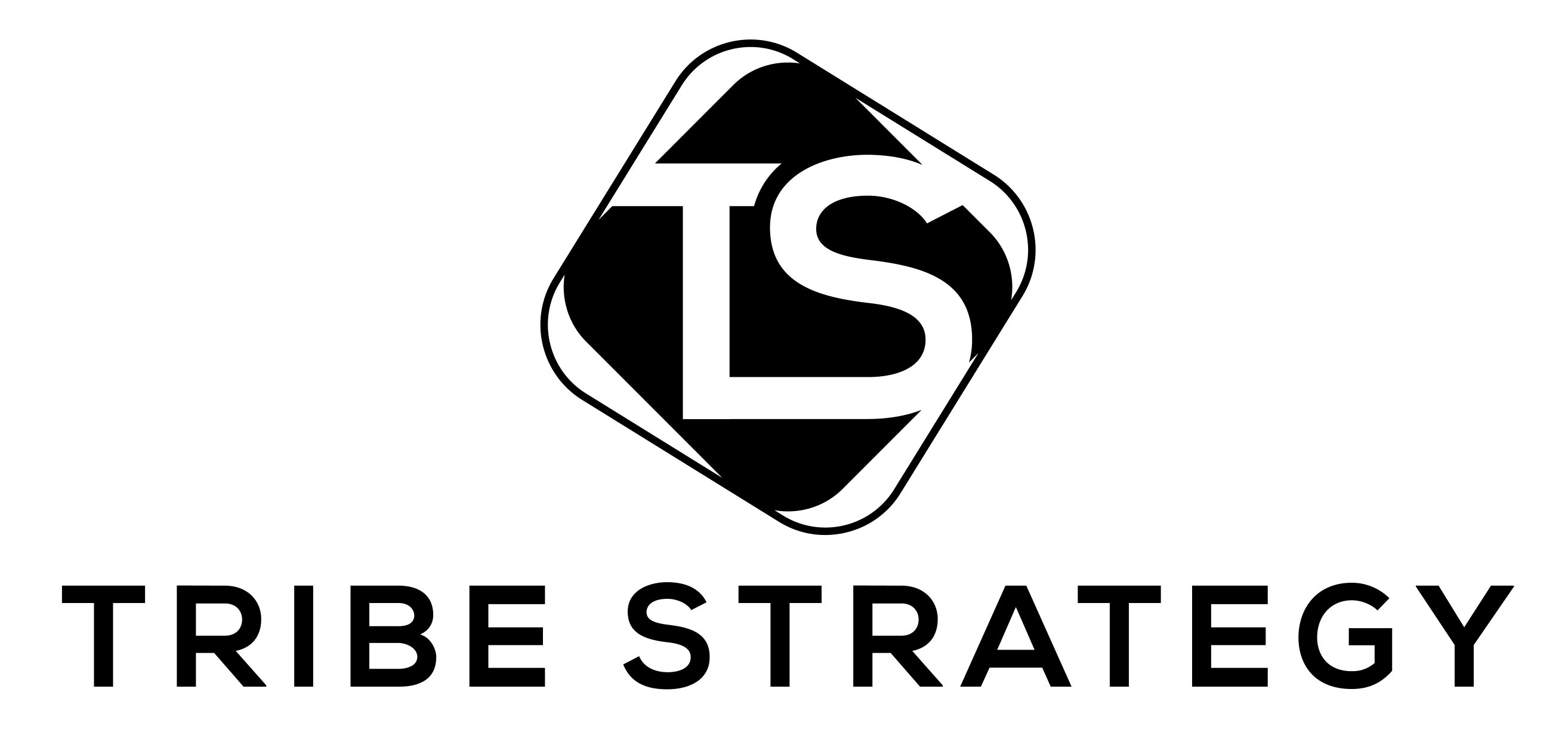In the past, success was closely tied to a strong commitment to organizational goals. While the landscape has evolved to grant individuals more independence in decision-making, aiming for the best outcomes for customers, there remains a tendency among some to adhere strictly to guidelines and procedures. This approach is often motivated by a desire to align with what is perceived as beneficial for one’s professional advancement, even when it might conflict with their personal judgment of what is ultimately best for the customer.
It’s a very interesting dichotomy. I mentioned this in my last post but wanted to expound on it briefly. Something is to be said about this dynamic, and I don’t think it’s discussed enough. The issue is that avoiding doing something simple that could help the customer have a better experience is counterintuitive to good business, plain and simple. It doesn’t matter whether you are part of a Fortune 500 organization, a small to mid-size private company, or a nonprofit organization. At the end of the day, when you do the right thing for the organizations and customers that you serve, you ultimately are investing in the long-term success of your entity. The same rings true for organizations with stakeholders and billion-dollar valuations. According to a January 2024 report by Zendesk, here are some facts about customer-centric organizations:
- 60% more profitable than companies that aren’t focused on customers.
- 64% of companies with a CEO who is focused on customers are more profitable than their competitors.
- 80% of companies that focus on customer experience (CX) have an 80% increase in revenue.
- Customer-centric brands also report 60% higher profits than those that don’t focus on CX.
There’s a reason why Customer Success exists today. If it didn’t matter, there would be no need for Customer Success leaders, professionals, or teams. However, organizations found that their customer relationships were directly proportional to their long-term ability to generate income. So, although this thing that we know as Customer Success is now very much financially driven, in many ways, it was purely a cost center at one point in time. The origin of it – the root of how it took on a life of its own was that software companies realized they could no longer sell a company a million dollars in perpetual software licenses and a hefty maintenance tag and walk away. It doesn’t work that way anymore. That’s a good thing because now there’s a different level of accountability that didn’t exist before. Especially if you have a recurring revenue model and want to stay competitive, you must do right by your customers.
I want to be clear: I’m not suggesting that we always strive for these magnificent, over-the-top customer experiences. These types of experiences do not determine customer loyalty and customer loyalty is determined by how well we serve customers on the basic things that we have promised. Matthew Dixon’s The Effortless Experience is a great read for understanding what truly matters in customer relationships.

With that said, to be in a situation where you have a decision that can be made that will drive customer loyalty is always a good thing. And you know that if you do the right thing by this customer now, even if it’s not the norm, it’s not of policy. Unless it is a liability issue and unethical, it should be a no-brainer. There should be nothing to think about. We see too many people in the position to make a good, healthy decision on behalf of the customer, which is also good for the organization, but they hesitate and freeze up. I think this separates the good from the great in Customer Success.
There’s a reason why some organizations will leave an empty chair in the boardroom to represent the customer. It’s just that important. If more organizations made decisions based on what’s best for the customers that they serve while still being able to generate a good profit to grow and invest in R&D, sales, customer success, marketing, and all these different departments that keep an organization going, the push for customer loyalty wouldn’t be a thing, because it would be more par for the course. If this is your customer, you will do right by this customer.
One significant barrier to action is often fear – the concern about the potential consequences of deviating from established policies, leading to perceptions of non-compliance or mistrust. While these concerns can sometimes be warranted, it’s important to recognize the value of acting courageously in the face of fear. It is possible to remain dedicated to an organization’s mission while demonstrating independent thought and advocating for customers. This balance showcases a deep commitment to both the organization’s success and the well-being of those it serves.
It’s essential for organizations to recognize the value of strong human connections, especially in roles focused on managing customer relationships, such as Customer Success. At the same time, as we leverage the capabilities of Generative AI and data-driven insights, there must be room for incorporating human judgment in decision-making processes. The integration of advanced technology with the irreplaceable element of human intuition allows for a more holistic approach to serving customers effectively.
Many individuals feel that they could achieve greater things, both for the customers they serve and for themselves, if they were not constrained by apprehension. This sense of commitment is something I bring to every aspect of my life, whether I’m engaging in personal activities, interacting with executives, or looking after my children. I consistently apply this level of dedication and care. Although I’ve learned to calibrate over the years, my experiences have taught me the importance of prioritizing the customer’s needs. Be assured – acting in the customer’s best interest ultimately benefits your long-term success as well.

When you stand on the side of truth, you know that everything will work itself out. It’s amazing how we have such common sense in many areas of our lives. But when it comes to those who may not be as close to the situation as you are, in many cases, they don’t have nearly the scope of understanding of the situation as you do. Why should you be afraid?
If you find yourself making decisions with the understanding that the collective benefit outweighs any personal risk, continue on this path. However, if you’re reflecting on past instances where you hesitated to act in the customer’s best interest and now recognize those moments as missed opportunities, it’s never too late to take healthy risks on behalf of your customers.
Customer Success is not always about pleasing the customer, and no, the customer is not always right, but it’s also not about always sticking to a specific mode of operation at the expense of your customer.
When you find yourself in such a situation, again, if it doesn’t put liability on your organization and it’s not unethical, you should feel comfortable making the right decision and being able to go and ask for forgiveness, not permission. Because sometimes, by the time you go and ask for permission, assuming you will get the green light to move forward with your ask, it might just be too late by the time you come back to the customer.
If you don’t get the answer you were looking for, now you have to go back to the customer and tell them that you can’t do it…even though you might even think it is the right thing to do.
